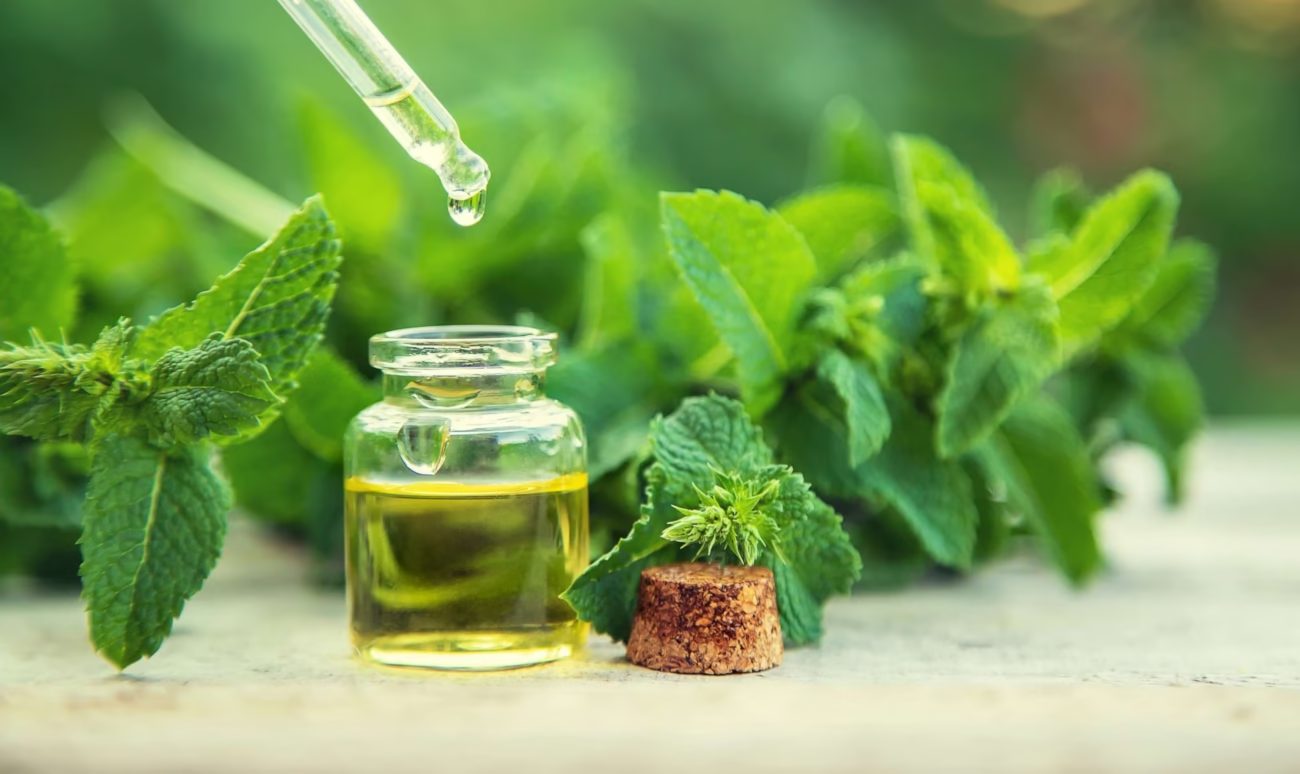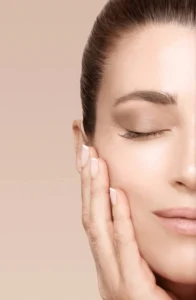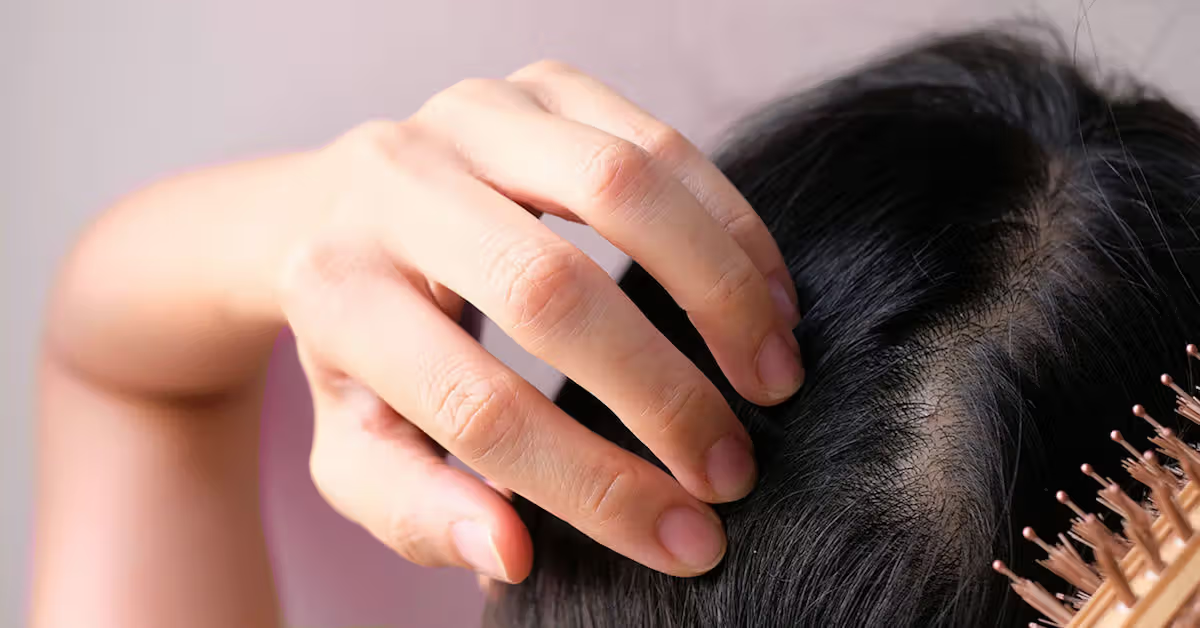Hair thinning is a common concern affecting millions worldwide, often leading to distress and diminished self-confidence. Whether caused by genetics, lifestyle factors, hormonal changes, or underlying health conditions, hair thinning requires a targeted approach for effective management and recovery. In this comprehensive guide, we will explore evidence-based solutions for hair thinning, ensuring you have the knowledge to take informed action.
Understanding Hair Thinning
Hair thinning differs from hair loss in that it refers to a gradual reduction in hair density, often resulting in visible scalp areas. Common causes include:
- Genetic Predisposition: Androgenetic alopecia, commonly known as hereditary hair thinning, is a significant factor.
- Hormonal Imbalances: Conditions like PCOS, menopause, and thyroid disorders can disrupt the hair growth cycle.
- Nutritional Deficiencies: Inadequate intake of essential nutrients like iron, biotin, and zinc can weaken hair follicles.
- Stress and Lifestyle Factors: Chronic stress, smoking, and poor hair care practices contribute to hair thinning.
- Medical Conditions and Medications: Autoimmune disorders, chemotherapy, and certain medications can affect hair density.
Understanding the root cause is essential for tailoring the most effective treatment plan.
Professional Solutions for Hair Thinning
1. Topical Treatments
- Minoxidil: FDA-approved and clinically proven to stimulate hair growth, minoxidil is available in 2% and 5% formulations. Regular application promotes follicular activity and increases hair density.
- Hair Serums and Scalp Tonics: Formulations enriched with peptides, biotin, and niacinamide can strengthen hair and nourish the scalp.
2. Oral Medications
- Finasteride: Often prescribed for men, finasteride inhibits the conversion of testosterone to DHT, a hormone linked to hair thinning.
- Supplements: Multivitamins and specialized hair supplements containing biotin, folic acid, and omega-3 fatty acids can support overall hair health.
3. Platelet-Rich Plasma (PRP) Therapy
PRP therapy involves injecting concentrated platelets from your blood into the scalp to stimulate hair growth. It enhances blood supply to the hair follicles, improving their function.
4. Low-Level Laser Therapy (LLLT)
Laser therapy uses light energy to promote cellular activity in hair follicles, increasing hair density and thickness. Devices like laser caps and combs are convenient options for at-home use.
5. Hair Transplant Surgery
For advanced cases, hair transplantation offers a permanent solution. Techniques like Follicular Unit Extraction (FUE) and Follicular Unit Transplantation (FUT) redistribute healthy hair follicles to thinning areas for a natural look.

Holistic and Lifestyle-Based Approaches
1. Dietary Changes
A balanced diet rich in essential nutrients is crucial for hair health. Key nutrients include:
- Protein: Found in eggs, fish, and legumes, protein is essential for keratin production.
- Iron: Leafy greens, red meat, and lentils prevent iron-deficiency anemia, a common cause of hair thinning.
- Zinc and Selenium: Found in nuts, seeds, and seafood, these minerals promote follicular function.
2. Stress Management
Chronic stress disrupts the hair growth cycle, leading to conditions like telogen effluvium. Effective stress management techniques include:
- Meditation and Yoga: Reduce cortisol levels and promote hormonal balance.
- Regular Exercise: Improves blood circulation and supports overall well-being.
3. Proper Hair Care Routine
- Gentle Cleansing: Use sulfate-free shampoos and conditioners to maintain scalp health.
- Avoiding Heat and Chemicals: Minimize the use of hot tools and harsh treatments like bleaching.
- Scalp Massages: Regular massages with natural oils like coconut or argan oil stimulate blood flow and nourish follicles.

Natural and Home Remedies
1. Essential Oils
- Rosemary Oil: Improves circulation to the scalp and enhances hair growth.
- Lavender Oil: Known for its calming effects, it also promotes healthy hair follicles.
2. Aloe Vera
Aloe vera soothes the scalp, reduces inflammation, and creates an optimal environment for hair growth. Use fresh gel directly on the scalp for best results.
3. Onion Juice
Rich in sulfur, onion juice strengthens hair and stimulates regrowth. Apply to the scalp for 20-30 minutes before rinsing thoroughly.
4. Fenugreek Seeds
Soaked fenugreek seeds can be ground into a paste and applied as a hair mask to promote thickness and shine.
Preventive Measures
- Regular Scalp Care: Keep the scalp clean and free from buildup to ensure healthy follicles.
- Avoid Tight Hairstyles: Reduce tension on hair by avoiding styles like ponytails and braids.
- Protect from Environmental Damage: Use UV-protectant sprays and cover your hair in harsh weather conditions.
- Periodic Hair Trims: Trimming split ends prevents further breakage and maintains overall hair health.
When to Seek Professional Help
If hair thinning persists despite your efforts, consult a dermatologist or trichologist. Warning signs include:
- Sudden and severe hair loss
- Scalp inflammation or scarring
- Noticeable bald patches
Early intervention can significantly improve outcomes and prevent further thinning.
Conclusion
Hair thinning can be a challenging experience, but effective solutions are within reach. By combining professional treatments with holistic practices and preventive care, you can restore hair density and confidence. Remember, consistency is key, and seeking professional guidance ensures the best results tailored to your unique needs. Embrace the journey towards healthier, fuller hair with patience and commitment.












